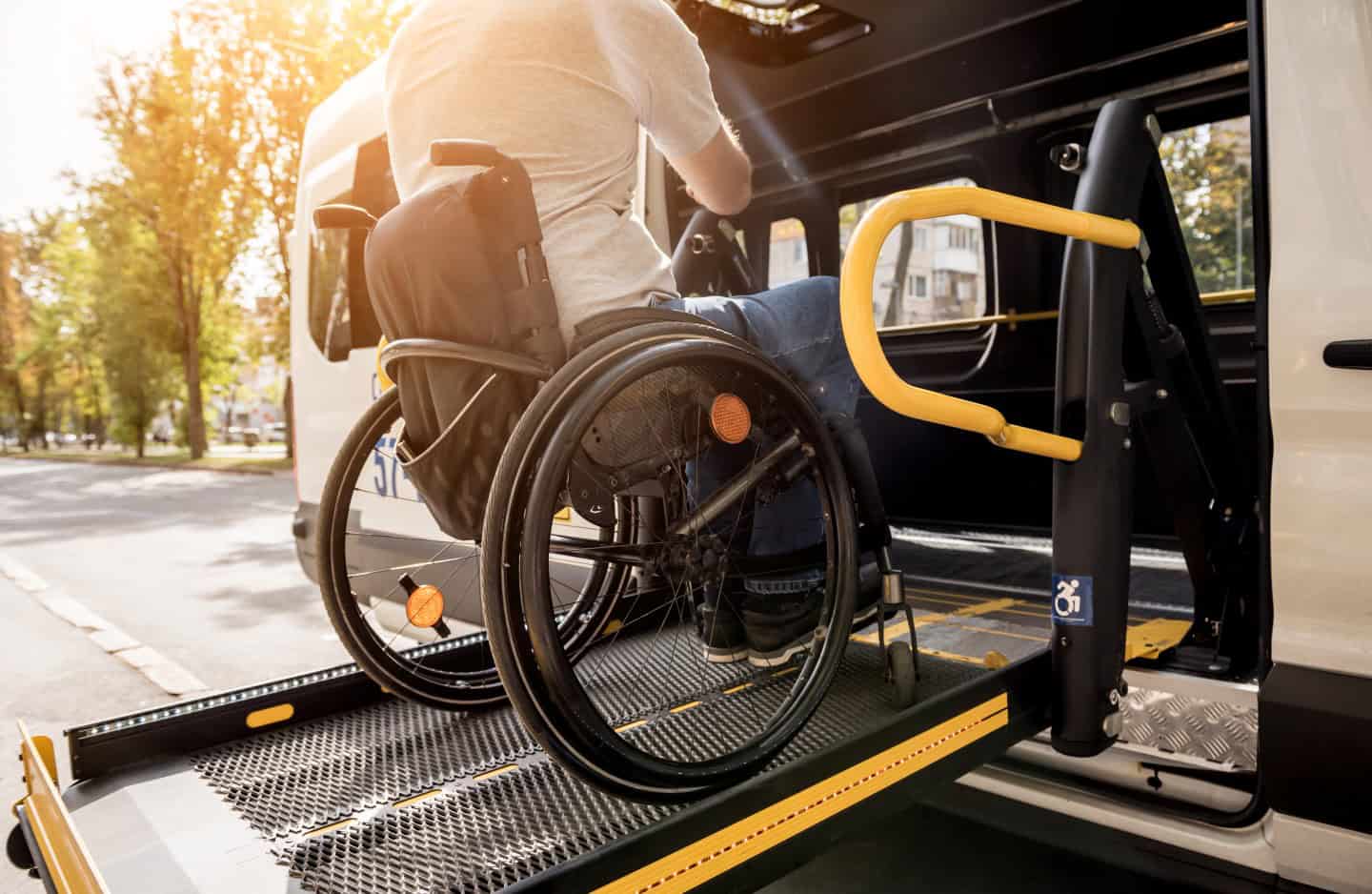
Accessible taxis are essential for people with disabilities, so why aren’t they mandatory?
Taxis and private hire vehicles should be accessible for those with disabilities, according to updated guidance published by the Government. While I welcome the acknowledgement of the transport needs of disabled people, in my opinion this new advice doesn’t go far enough.
In the new guidance, Ministers are calling for local councils, who are responsible for licensing these vehicles, to take action to stop drivers who discriminate against people with disabilities and guide dog owners. This will be done through a use of fines and in extreme cases licenses can be suspended.
The guidance recognises there is a wide range of accessibility needs. Transport that is accessible for one passenger may not be accessible for another. Therefore, they encourage councils to ensure there is the right mix of vehicles in their area.
Currently only 62% of local authorities have mandatory disability awareness training for drivers. It is hoped this new guidance will increase how many councils make this training mandatory.
Disability rights campaigners have been calling for increased accessibility in transport. Whilst the recent U-turn on ticket office closures was welcomed there is a great deal of frustration over the lack of progress in this area. Disability Rights UK and Transport for All are two campaign groups fighting for better accessibility.
Disabled people are particularly reliant on taxis and private hire vehicles, partly due to being unable to use public transport. At Bolt Burdon Kemp we conducted research into accessible transport in London which found a great deal of challenges that passengers with disabilities face. The research is clear that there are still significant issues with accessibility in transport. A report from Motability on the ‘Transport Accessibility Gap’ found one in five disabled people were unable to travel due to a lack of appropriate transport options.
Whilst the Government’s revised guidance is a welcomed step in creating a more accessible transport system, it does not go far enough. It leaves it down to individual local authorities to take these actions.
As individuals you can help ensure local authorities are taking this issue seriously by writing to your local councillors. You can do that by searching for your local authority on the gov.uk website or by using https://www.writetothem.com/.










